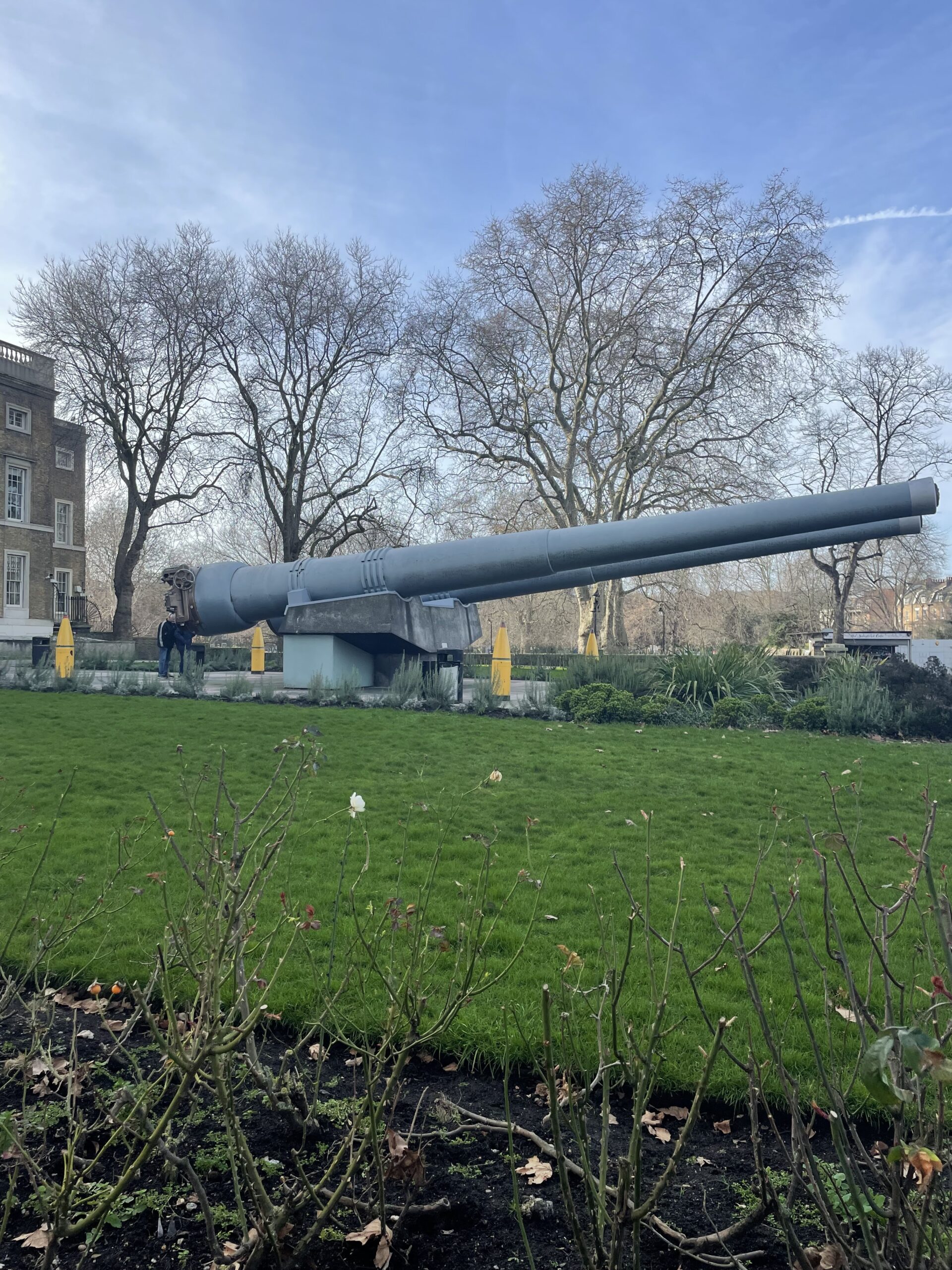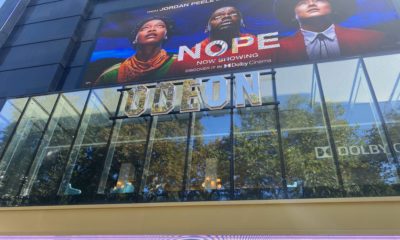Featured
The Shadows of Conscription: Navigating the Reality of a Modern-Day World War Draft
In the digital age of advanced technology, global connectivity, and diplomatic intricacies, the prospect of conscription for a world war may seem like a relic from the past. However, as tensions rise and geopolitical landscapes shift, the idea of being conscripted into military service has once again become a topic of discussion as the chief of the British Army- General Sir Patrick Sanders is set to warn the British public that they could be called up to ‘fight for King and country in the event of war with Russia’ at the International Armoured Vehicles conference in Twickenham today.
We asked students and alumni at London Southbank University how they would feel if they were enlisted to join the war. Whilst most were against the idea of mandatory military service, there were 3 common themes which seemed to unite the public on the matter.
- Migration
- Democracy
- Impact on family life
An international student at LSBU said:
‘…You could say I’m not British so I would say I wouldn’t want to go because its not my country I’m here for my education’
Students argued that whilst almost 15% of the British population is made up of immigrants alongside thousands of others who come as international students, the government has failed to acknowledge them as British citizens and treat them as equals. Consequently, those who are of migrant backgrounds would not agree to fight for a country who has shown them no compassion.
Contrary to this, when older members of the public were interviewed, they believed it would only be fair if a majority voted for it as it would require a democratic solution. Others argued that they would go in place of their mothers and sisters and would not watch vulnerable members of the public be forced to fight.
A staff member at LSBU;
‘I’d say that if it went through a democratic process and the majority of people voted for it then I would have to support it because that’s what democracy means even if I don’t like it…’
Given the interconnected nature of the modern world, there may be a heightened emphasis on diplomatic solutions to global conflicts- particularly in younger generations who may take their views on conscription to social media and indulge in forms of activism such as protests. Political landscapes will also have a significant impact in its role in shaping public opinions. The Government should be prepared to justify the necessity for conscription and backlash. The public’s reaction would likely nuance and reflect a range of perspectives shaped through cultural, political affiliations and broader societal considerations.
Sanders’ will stress the need for ministers to ‘mobilise the nation’ as tensions continue to rise between the nations amid the invasion of Ukraine. This comes nearly two years after he stated that Britain was:
‘Facing its 1937 moment’.
![]()
A reference to the first World War where conscription was first introduced- the act which specified that single men aged 18 to 40 years old were liable to be called up for military service unless they were widowed with children or were ministers of a religion. The act was retracted in 1920. However, due to the deteriorating international situation across Nazi Germany, a limited form of conscription was reintroduced and passed in 1939 declaring only single men 20 to 22 years old were liable to be enlisted and were to be known as “militiamen” to distinguish them from the regular army.
Contrary to this, we now live in a progressive modern society so unlike previous eras where conscription predominantly affected young men, contemporary conscription policies may aim for inclusivity, impacting individuals of all genders- this shift calls for a re-evaluation of societal norms and expectations, challenging traditional gender roles and expectations.
Whilst it is apparent that society will bear a significant brunt of conscription, how would the public react and what could the future look like for the next generation?
Given the interconnected nature of the modern world, there may be a heightened emphasis on diplomatic solutions to global conflicts- particularly younger generations particularly, may take their views on conscription to social media and indulge in forms of activism such as protests. Political landscapes will also have a significant impact in its role in shaping public opinions. The Government should be prepared to justify the necessity for conscription and backlash. The public’s reaction would likely nuance and reflect a range of perspectives shaped through cultural, political affiliations and broader societal considerations.









